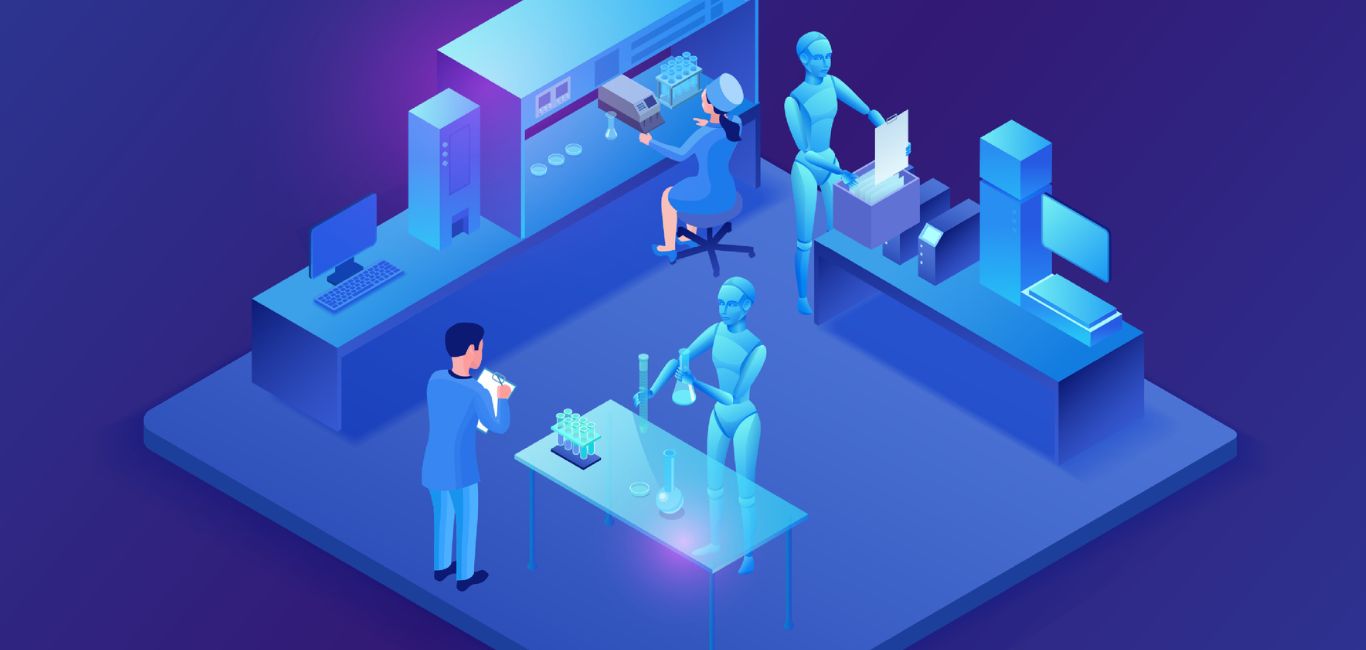
The combination of ‘warp speed’ advances in neurotechnology — which include brain implants or scans that can increasingly peek inside minds and artificial intelligence (AI) — poses a threat to mental privacy, UNESCO warned on Thursday, 13 July 2023.
The UN’s agency for science and culture has started developing a global ‘ethical framework’ to address human rights concerns posed by neurotechnology, it stated at a conference in Paris.
Neurotechnology is a growing field seeking to connect electronic devices to the nervous system, mostly so far to treat neurological disorders and restore movement, communication, vision or hearing.
Recently, neurotechnology has been supercharged by artificial intelligence algorithms that can process and learn from data in ways never possible before, said Mariagrazia Squicciarini, a UNESCO economist specialising in AI.
“It’s like putting neurotech on steroids,” she told AFP.
Gabriela Ramos, UNESCO’s assistant director-general for social and human sciences, cautioned that this convergence of neurotechnology and AI was “far-reaching and potentially harmful”.
“We are on a path to a world where algorithms will enable us to decode people’s mental processes and directly manipulate the brain mechanisms underlying their intentions, emotions and decisions,” she told the conference.
In May, scientists in the United States revealed they had used brain scans and AI to turn “the gist” of what people were thinking into written words — as long as they had spent long hours inside a large fMRI (functional magnetic resonance imaging) machine.
Later that month, billionaire Elon Musk’s firm Neuralink received approval to test its coin-sized brain implants on humans in the United States.
Musk said that his ultimate goal is to ensure that humans are not intellectually overwhelmed by AI — though on Thursday he launched his own artificial intelligence company, xAI.
Squicciarini emphasised that UNESCO was not saying that neurotechnology is a bad thing.
“If anything, it’s fantastic,” she said, pointing to how the technology could let blind people see or paralysed people walk again.
However, with neurotechnology “advancing at warp speed,” UN Secretary-General Antonio Guterres said that ethical guidelines were needed to protect human rights.
Investment in neurotech companies increased by 22 times from 2010 to 2020, rising to $33.2 billion, according to a new UNESCO report co-authored by Squicciarini.
The number of patents for neurotech devices doubled between 2015 and 2020, with the United States accounting for nearly half of all patents worldwide, the report said.
The neurotech devices market is projected to reach $24.2 billion by 2027.

















